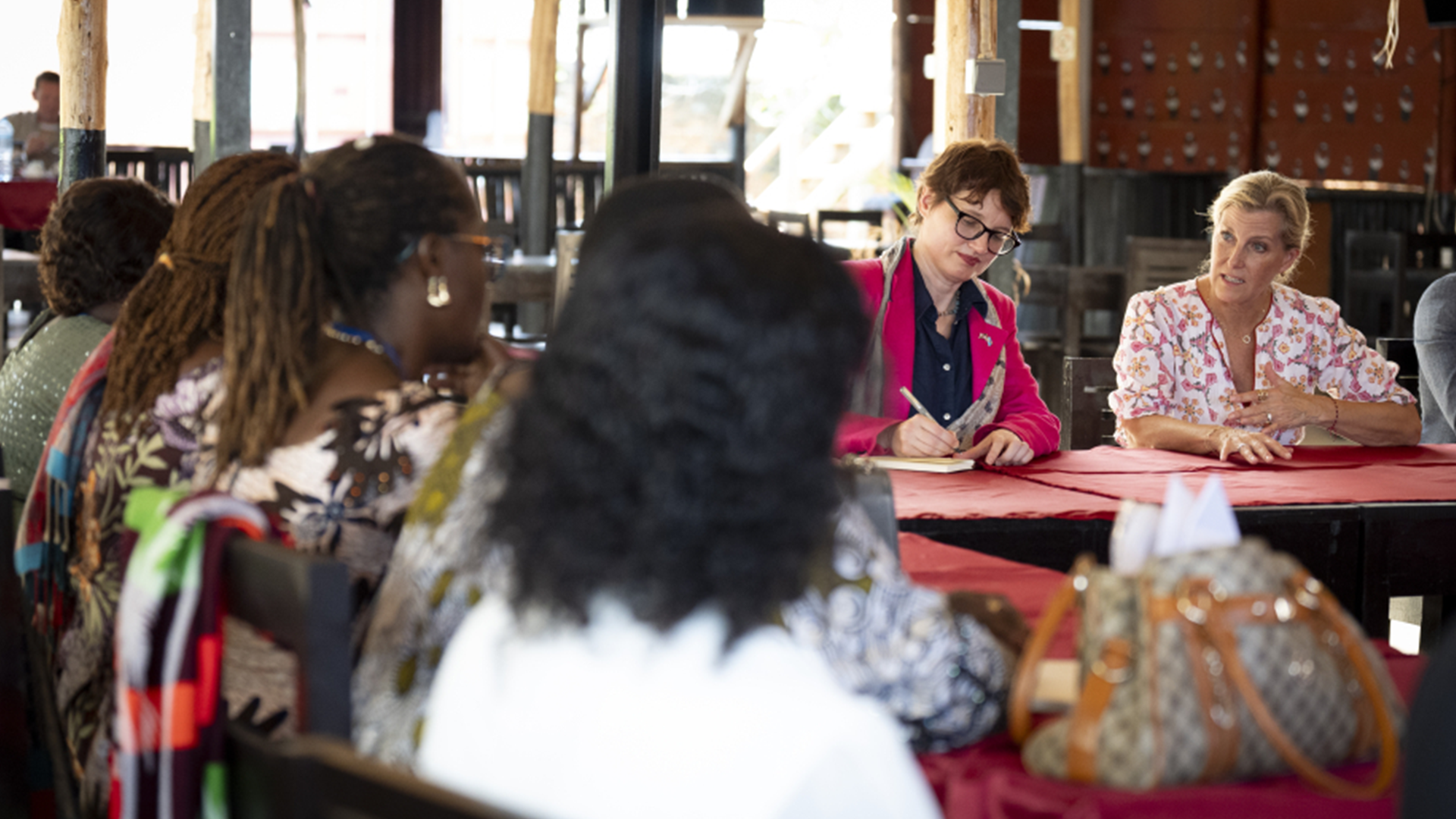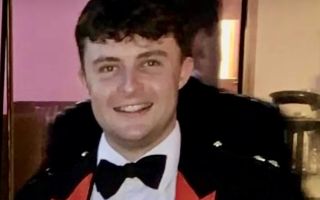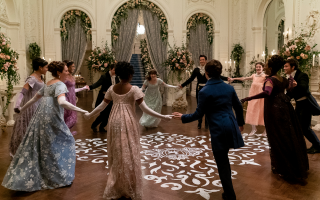
Duchess of Edinburgh says sexual violence in conflict must 'get under your skin'

The Duchess of Edinburgh has said sexual violence in war must be allowed to "get under your skin" as she completed a secret high-security four-day trip to the Democratic Republic of Congo.
Sophie travelled to the east of the country, where fighting has displaced more than seven million people and armed groups are accused of using rape as a weapon of war.
Her visit was intended to "shine a light" on the "weaponisation of rape" and to recognise the work being done to support those who survive horrific war-related sexual violence.
More than 30 years of war
The current conflict in the Democratic Republic of Congo has been ongoing for more than three decades, going back to the 1994 Rwandan genocide and escalating into two major wars in the 90s.
Eastern DRC has been at the centre of recent unrest.
The M23 rebel group, backed by Rwanda, has seized major cities such as Goma and Bukavu this year.
The Allied Democratic Forces, linked to so-called Islamic State, has also carried out mass killings and attacks in the region.
This has left women and children highly vulnerable, with many facing daily threats of systematic sexual violence, with Eastern DRC remaining one of the most dangerous regions globally for girls.
This was the duchess's second visit to DRC, after one in 2022, and marked 25 years since the UK adopted UN Security Council Resolution 1325 on Women, Peace, and Security.
The landmark resolution agreed to incorporate gender perspectives in all UN peace and security efforts.
Meeting survivors
At a hospital in Beni, Sophie sat barefoot inside a tent as women spoke of the sexual violence they had endured. Some wept as they told their stories.
A 16-year-old girl described how she had been raped by a police officer, and another woman explained that she was attacked while trying to flee rebel-held areas.
Others said they faced daily risks of violence when carrying out basic tasks such as collecting firewood.
In Kinshasa, at the Panzi Clinic founded by Nobel Peace Prize laureate Dr Denis Mukwege, the duchess watched as surgeons operated on a five-year-old girl who had survived sexual violence.
She also travelled to a safehouse for women who were assaulted during a mass escape attempt at Makala Central Prison.
Survivors spoke of forced abortions, rejection by their families, and the continuing dangers they face.
One woman told Sophie she worried that Beni could be next taken by militant groups.
"You have to really question yourself and go 'how can we have reached a point where rape is just accepted as a part of daily life?'" the duchess told reporters afterwards.
"So it's horrible to hear their stories, but each one deserves to be told and each one deserves recognition, so I don't make light of any of them, and I just wish we didn't have to hear them, but it's important that we do."
She went on: "I think you have to allow this issue to get under your skin.
"And there is only one way to achieve that, you really have to go and see it for yourself.
"You have to understand the environment in which people are living and sit with these people, where they come from, don't make them come to you, you have to go to them."
Dr Mukwege said he was "touched" by the duchess's presence, adding that her visit sent survivors the message: "You are human."







